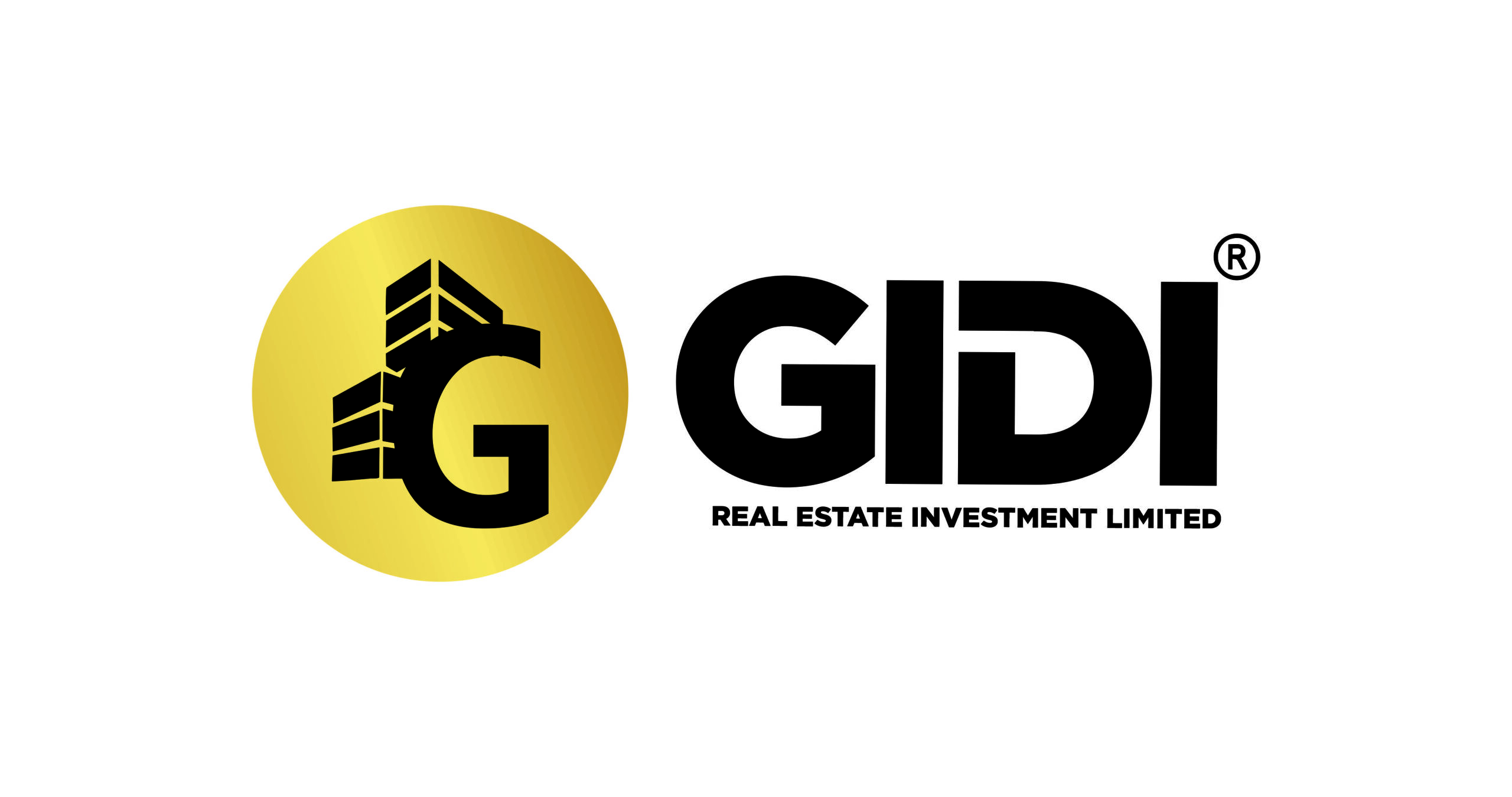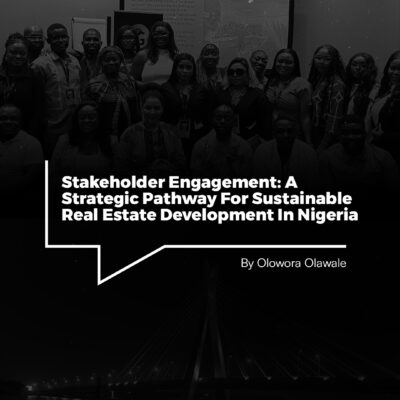International Real Estate
The global real estate sector is displaying early signs of recovery as 2025 unfolds. A notable rebound in commercial activity has been observed, particularly in office leasing, which saw a remarkable increase of 9% in 2024—the highest level recorded since 2019. This resurgence is expected to continue into 2025 as companies gain renewed confidence in their spatial requirements, signaling a shift in the landscape of commercial real estate.
The uptick in office leasing volumes is not just a statistic; it reflects a broader revival in investor sentiment. As transaction activity surged towards the end of 2024, many experts are now marking 2023 as the year when real estate values hit their lowest point. The resurgence is especially pronounced in the retail and hospitality sectors, both of which have demonstrated resilience against the backdrop of robust consumer demand and a rebound in international travel.
However, the logistics sector exhibits a more cautious outlook. Rising costs have prompted logistics occupiers to rethink their commitments to new space, indicating that while some areas of real estate are thriving, others remain on shaky ground.
These macroeconomic factors are paving the way for a rejuvenated atmosphere for real estate investment in key global markets. As the landscape continues to evolve, eyes remain fixed on how these dynamics will shape the industry in the months ahead.
Africa Real Estate
Pan-African Initiative Aims to Address Housing Crisis in Africa
In a significant move toward addressing the continent’s housing challenges, a pan-African initiative focused on sustainable housing took center stage in February. The African Union Development Agency (AUDA-NEPAD) has joined forces with housing financier Shelter Afrique to spearhead the campaign titled “Innovative Financing for Sustainable Urban Housing in Africa.” This collaboration was highlighted during a high-level side event at the 38th African Union Summit in Addis Ababa.
The forum drew together AU officials, financial institutions, and developers, all united in their mission to integrate affordable housing strategies with comprehensive urban infrastructure development. The joint efforts of AUDA-NEPAD and Shelter Afrique aim to drive transformative housing solutions across African cities by harnessing innovative financing models to effectively address the continent’s widespread housing shortage.
Central to this initiative is a strong emphasis on collaboration, bringing together governments and private investors to scale up the construction of affordable homes while also enhancing urban planning strategies. As these key stakeholders work hand in hand, there is hope that this initiative will not only provide immediate solutions to housing deficits but also lay the groundwork for sustainable urban growth across Africa. The potential impact of this initiative could reshape the housing landscape, making it more accessible and efficient for millions across the continent.
Nigeria’s Real Estate Sector Poised for Transformational Growth
As Nigeria steers toward a promising horizon in its real estate sector, significant growth is on the agenda, primarily due to robust governmental support. Housing Minister Ahmed Dangiwa recently announced that the real estate industry contributed approximately 5.2% to the nation’s GDP in 2024. With projections indicating a market volume of ₦2.25 trillion by the end of 2025, the landscape is primed for transformation.
Addressing an international property forum in Riyadh, Minister Dangiwa did not mince words about the scale of the challenge at hand. With a staggering housing deficit of nearly 28 million units, he earnestly called upon both local and foreign investors to join forces with the government in a large-scale housing development initiative. This is not merely a plea; it is an invitation to be part of a solution that could reshape the living conditions for millions of Nigerians.
To catalyze this ambitious agenda, Nigerian authorities are introducing a series of forward-thinking policies. These include public-private partnerships, streamlined access to land, and attractive low-interest financing options aimed at stimulating the construction of affordable homes. At the heart of this initiative lies a planned ₦250 billion real estate fund, designed to enhance housing affordability and spark a wave of investment across both residential and commercial projects.
As these measures unfold, the prospects for the Nigerian real estate sector are not just about numbers; they represent a genuine commitment to addressing one of the nation’s most pressing issues. The road ahead is paved with opportunity, and the call to action is clear: let us build a brighter, more habitable future for all Nigerians.
Lagos Real Estate
First Bank Launches Eko Atlantic City with its Headquarters Office Groundbreaking
Lagos’s flagship mega-project, Eko Atlantic City, is finally launched with the groundbreaking of First Bank 40-storey headquarter office. This ambitious endeavor, sprawling across 10 square kilometers of reclaimed land along the Atlantic coast, promises state-of-the-art infrastructure, including reliable power, advanced drainage systems, and comprehensive communications networks.
The project is envisioned as a blend of upscale offices, residential neighborhoods, retail hubs, and essential public amenities, aimed at alleviating overcrowding in Victoria Island. In that light, this groundbreaking signals a progressive point, heralding other similar developments, in space and quality in no distant time.
With numerous high-rise developments in progress and foundational infrastructure being laid, officials hope that the new city will attract businesses and residents when its initial phases debut, ushering in “a very different landscape” in Lagos within the next two years.
Estate Regulations Crackdown – Ensuring Compliance for Sustainable Living
In a decisive move, the Lagos State Government has intensified its focus on housing estate management and code enforcement as of February. Amid rising instances of mismanagement, authorities have urged residents in government-owned estates to adhere strictly to maintenance regulations.
Recent inspections, such as those at the Lateef Jakande Estate in Igando, revealed several infractions, including illegal electricity connections, neglect of shared facilities, and non-payment of service charges, all of which threaten the integrity of infrastructure and the safety of residents.
Lagos Housing Commissioner Moruf Akinderu-Fatai issued a stern warning, asserting that tampering with utilities or flouting regulations—no matter how discreetly—will incur strict penalties. He stressed the importance of maintaining safety and functionality in public estates for all inhabitants.
The state government has committed to enforcing compliance rigorously, including the removal of illegal structures, with a seven-day demolition notice for shanties established under power lines issued earlier this month. This regulatory initiative emphasizes the government’s dedication to fostering orderly development and safeguarding resident welfare within Lagos’s housing estates.
Global Listings Platform Debut – Revolutionizing Real Estate Connections
February marked a pivotal advancement in the proptech sector with the launch of the world’s first Global Listings Service (GLS) for real estate. Miami-based startup Global Listings has introduced this consumer-facing global MLS designed to bridge property markets worldwide.
The GLS aggregates over 3 million property listings from more than 110 countries each month, enabling real estate professionals to connect with buyers, renters, and investors on an international scale.
According to founder Michael Gerrity, the platform’s innovative membership model offers agents and brokers new client pipelines by providing their listings with global exposure through a unified system. This expansive digital marketplace highlights the rising trend of real estate platforms breaking beyond local confines.
Complementing this development, venture investment in real estate tech remains robust; for example, one Africa-focused VC fund recently secured over $300 million and opened an office in Lagos specifically to support proptech startups. The emergence of such platforms and the ongoing expansions in early 2025 reflect a collective industry push toward enhanced connectivity and innovation in the marketing and management of properties on a global scale.
REDAN Expands Presence with New Lagos Office
The Real Estate Developers Association of Nigeria (REDAN) has marked a significant milestone by inaugurating a new chapter office in Lagos State at the end of February. Officially commissioned on February 28, 2025, the REDAN Lagos Office is located at 16 Aro Road, Ologolo, Lekki, Lagos. The formal inauguration event gathered key industry stakeholders, celebrating this important development within the real estate sector.
The launch of REDAN’s Lagos office carries profound significance for Nigeria’s largest property market. Lagos State, the capital player in the country’s real estate development and investment landscape, and the establishment of a physical hub is expected to greatly enhance collaboration among developers. It also promises to boost advocacy efforts and promote adherence to industry standards, which are crucial for maintaining quality and integrity in real estate practices.
The new office is strategically designed to foster closer engagement with the Lagos State Government, particularly regarding housing policies and development approvals. Furthermore, it aims to provide essential support services such as training, legal aid, and networking opportunities tailored for developers operating within the state. REDAN’s expansion into Lagos reflects the association’s unwavering commitment to institutional growth and the overall professionalization of the real estate industry across Nigeria.
This move is set to strengthen the public-private partnership framework essential for effective housing delivery. REDAN’s leadership has long championed policies aimed at mass housing and self-regulation within the sector. By establishing a dedicated office in Lagos, REDAN will be better positioned to coordinate the activities of developers in the state, tackle local challenges, and collaborate on initiatives aimed at alleviating Lagos’s significant housing deficit. This proactive approach underscores REDAN’s commitment to driving innovation and solutions in the real estate landscape.
FMHUD Advances Policies and Funding to Boost Housing Development
The Federal Ministry of Housing and Urban Development (FMHUD) unveiled several policy initiatives and secured significant funding to enhance housing development in February 2025. A key highlight was the approval of an additional ₦50 billion for the ministry by the National Assembly, overturning earlier budget cuts that had raised concerns about the ministry’s capacity to meet housing demands.
Housing Minister Ahmed Dangiwa made this announcement during a stakeholder retreat held in Lagos, emphasizing that the infusion of funds will not only support vital projects but also create jobs and address inherited liabilities. This financial boost returns the ministry’s budget to a more sustainable level, reflecting legislative backing for the housing agenda.
Minister Dangiwa also revealed that the ministry has submitted a request for an extra ₦360 billion to expand the “Renewed Hope” housing program to an additional 18 states, alongside initiatives aimed at urban renewal across over 100 new sites. These steps are integral to the President’s Renewed Hope Cities and Estates agenda, which focuses on making affordable housing more accessible across the nation.
As part of these efforts, the FMHUD is pushing forward with large-scale housing schemes. Currently, approximately 13,600 housing units under the Renewed Hope program are at various stages of development across the country. The 2025 budget designates ₦11.5 billion specifically for the completion of 20,000 housing units, targeting low- and middle-income Nigerians.
Additionally, ₦3 billion has been allocated for prototype housing projects in Suleja, Niger State, and Ikorodu, Lagos State, showcasing federal commitment to regional housing initiatives. These projects, largely executed through public-private partnerships, aim to address Nigeria’s housing deficit, which is estimated to be around 28 million units.
The housing ministry is also laying the groundwork for a Real Estate Regulatory Authority to improve sector oversight. At the February retreat, Minister Dangiwa expressed intentions to establish a housing regulatory commission and to reintegrate the Federal Housing Authority (FHA) into the national budget. This would enable the FHA to replicate the successes seen in past mass housing programs.
On the regulatory front, the FMHUD is taking significant steps to bolster professional oversight within the sector. In late February, the ministry announced plans to facilitate the reconstitution of the Surveyors Registration Council of Nigeria (SURCON), which has been inactive since mid-2023.
Permanent Secretary Dr. Shuaib Belgore noted that the absence of a functional SURCON has impeded critical processes, such as surveyor licensure and promotions. He assured stakeholders that the ministry would engage with the Presidency to expedite the reconstitution of SURCON and assist with necessary funding.
Furthermore, the FMHUD is working closely with the National Assembly to reform legislation aimed at facilitating mass housing delivery. The Senate Committee on Housing has indicated support for laws designed to recapitalise the Federal Mortgage Bank and enhance funding for relevant agencies. These regulatory advancements and funding initiatives underscore the federal government’s intensified commitment to prioritizing housing as a national agenda in 2025.






